AITAH for Not Letting My Best Friend Bring Her Emotional Support Dog to My Apartment?
When personal comfort meets someone else’s emotional needs, conflict can quickly bubble to the surface. That’s exactly what happened in today’s AITAH (Am I The A**hole) scenario, where a simple boundary around a living space turns into a major friendship rift. Who’s in the wrong when mental health needs collide with personal preferences?
Let’s break down the drama.
The Story: A Best Friend, a Dog, and a Hard “No”
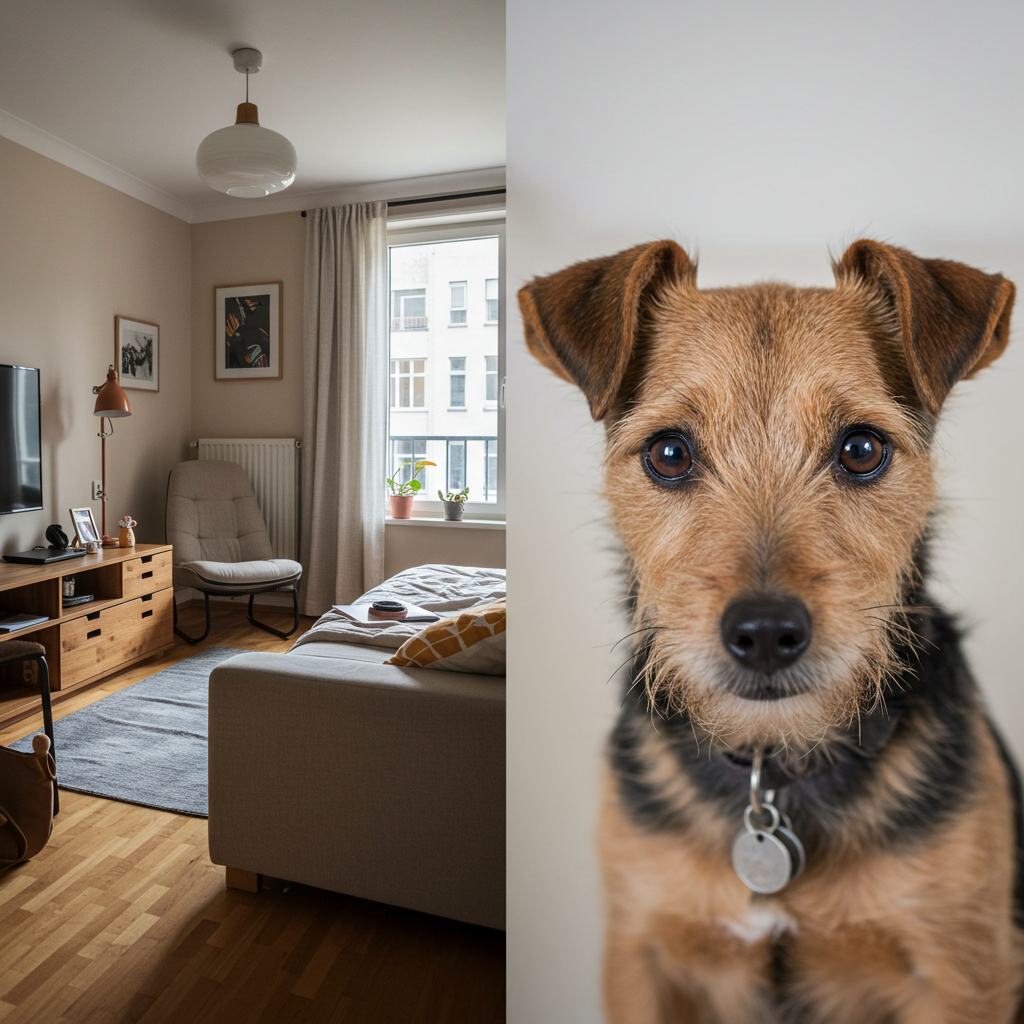
The original poster (let’s call her Lily), a 25-year-old woman, lives in a small one-bedroom apartment in the city. She shares it with no one, enjoys a tidy, fur-free space, and has always been upfront about not being a “dog person.”
Her best friend, Jenna, 26, has an emotional support dog (ESD)—a small but energetic terrier mix named Bailey. Jenna was recently in town for a work conference and asked if she could crash at Lily’s place for the weekend. Naturally, she intended to bring Bailey along.
Lily politely declined. She offered to help Jenna find a pet-friendly Airbnb nearby, even offered to split the cost, but stood firm on her boundary: no pets in her apartment.
That’s when things got tense.
Jenna accused Lily of being “insensitive” and “not understanding mental health.” She insisted that Bailey isn’t “just a pet,” but a medically necessary companion that helps her manage anxiety and panic attacks.
Lily, feeling caught between empathy and her own comfort, turned to Reddit for advice: AITAH for saying no to the dog?
Drawing the Line: Respect or Rejection?
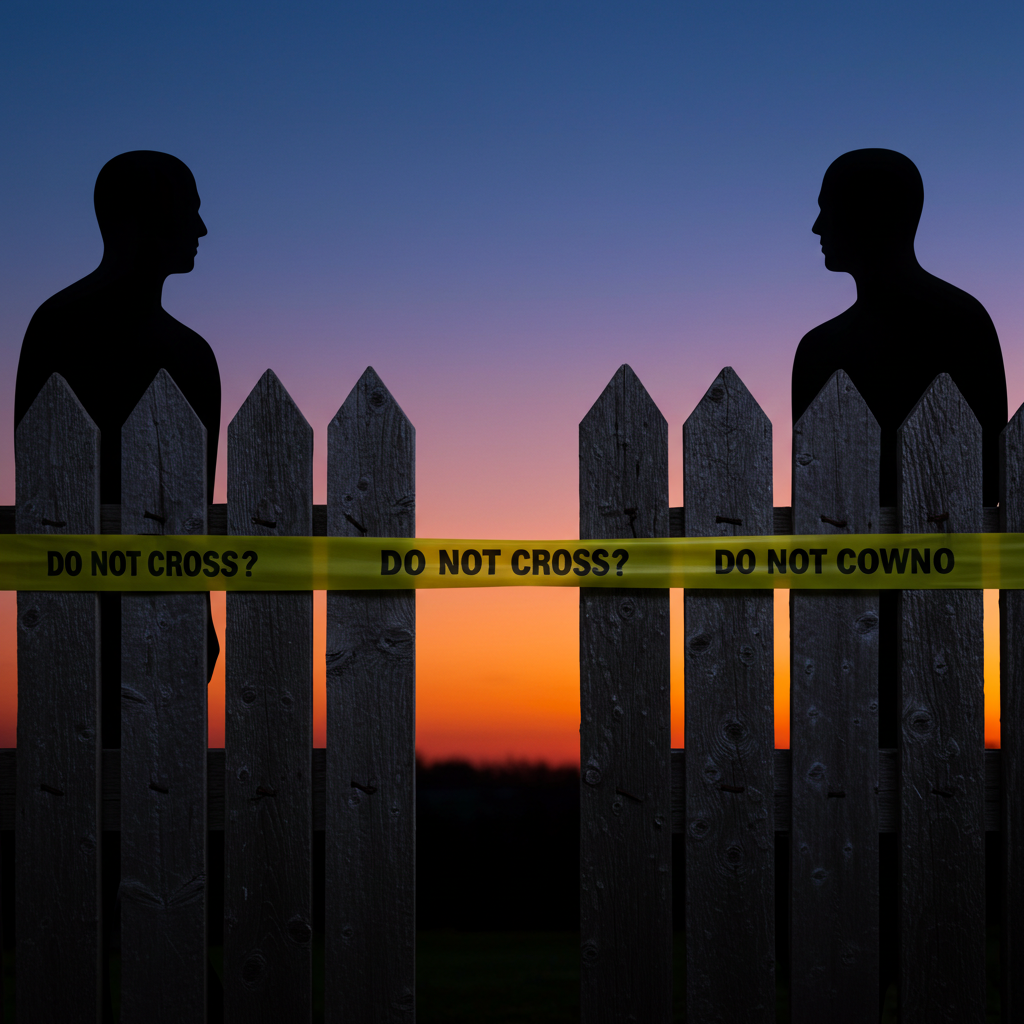
Lily’s Perspective: My Space, My Rules
Lily emphasized that she’s allergic to dog dander—not severely, but enough to feel uncomfortable. She also stated that she takes great pride in her clean, pet-free space, especially as someone who works from home and relies on her apartment for calm and focus.
She wasn’t saying no to Jenna staying—just the dog. And to make it easier, she was willing to pay part of Jenna’s alternative accommodations.
From Lily’s view, this wasn’t about Jenna’s mental health—but about a fair boundary around her own private space.
Jenna’s Perspective: This Is About My Health, Not Convenience
Jenna felt blindsided. She said that Bailey is an essential part of her daily coping strategy, especially in unfamiliar places like conferences and cities she doesn’t know well. She believed Lily, as her best friend, should “understand better” and make an exception, especially for just a weekend.
To Jenna, Lily’s refusal felt like a personal rejection—a prioritization of floors and furniture over a friend’s mental well-being.
Reddit Weighs In: Who’s the Real Villain?

The r/AITAH community is no stranger to polarizing pet debates, but in this case, the majority sided with Lily.
Most Upvoted Opinions:
-
“Your house, your rules. She doesn’t get to override your comfort because of her choices.”
-
“An emotional support animal is not a service dog. You’re not legally or morally obligated to allow it in your private home.”
-
“You even offered a solution. That’s going above and beyond.”
However, others sympathized with Jenna—especially those who rely on ESDs themselves.
-
“Mental health is real. If you were really her best friend, you might have bent a little more.”
-
“It’s hard to explain what an ESD means to someone who doesn’t rely on one daily.”
Even so, very few thought Lily was the a**hole. At most, some believed it was a “NAH” (No A**holes Here) situation—just two people with conflicting but valid needs.
The Legal and Ethical Lines: What’s Actually Required?
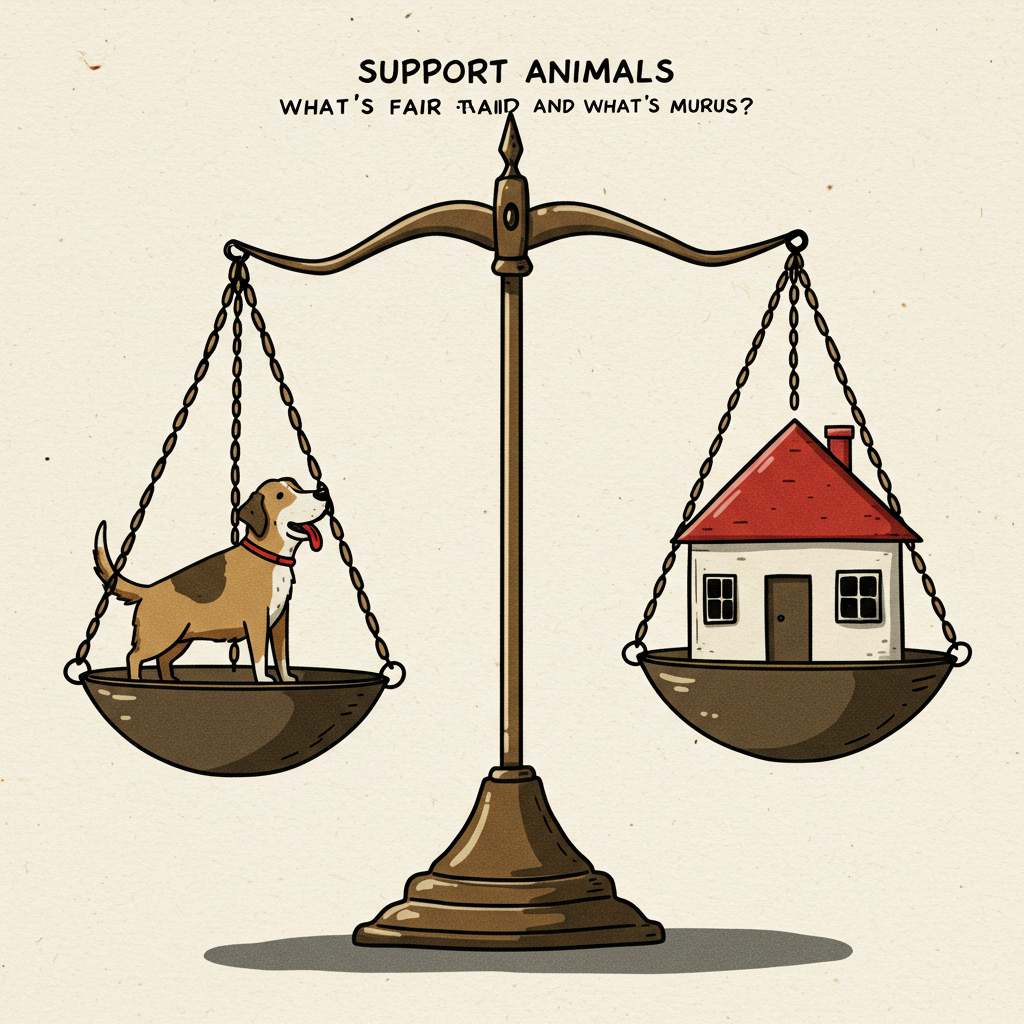
This story brings up an important distinction: emotional support animals (ESAs) are not the same as service animals.
-
Service animals (like guide dogs for the blind) are trained to perform specific tasks and are protected by law, even in no-pet housing.
-
ESAs, while helpful for mental health, don’t have the same legal access rights—especially not in someone’s private home.
So legally, Lily had every right to say no. Ethically? That’s where it gets trickier.
Boundaries vs. Accommodation: Finding the Line
What makes this story so compelling is that neither friend seems unreasonable at first glance. Jenna needs emotional support. Lily needs peace in her home. But here’s what tips the scale in favor of Lily:
-
She didn’t say Jenna couldn’t stay—only the dog.
-
She offered to help with alternatives.
-
Her boundary wasn’t arbitrary—it was based on comfort and mild allergy.
Friendship doesn’t mean blind sacrifice. It means empathy, yes—but also respect for one another’s space, choices, and limitations.
Could This Friendship Be Saved?

Maybe. But only if both parties take a step back and remember that boundaries are not betrayals.
What Lily Could Do:
-
Reaffirm her care for Jenna while explaining that her home isn’t a good environment for animals.
-
Plan time to meet Jenna elsewhere so she feels supported and included.
What Jenna Should Consider:
-
That not everyone is required to accommodate her ESA, and that doesn’t mean they’re against her.
-
That demanding exceptions—especially without compromise—can strain even close relationships.
The Verdict: AITAH?

No, Lily is not the ahole.** She drew a line around her personal comfort and space, communicated clearly, and even offered solutions. It’s understandable that Jenna felt hurt—but that doesn’t make Lily wrong.
Sometimes, adult friendships require tough love—and firm boundaries.


